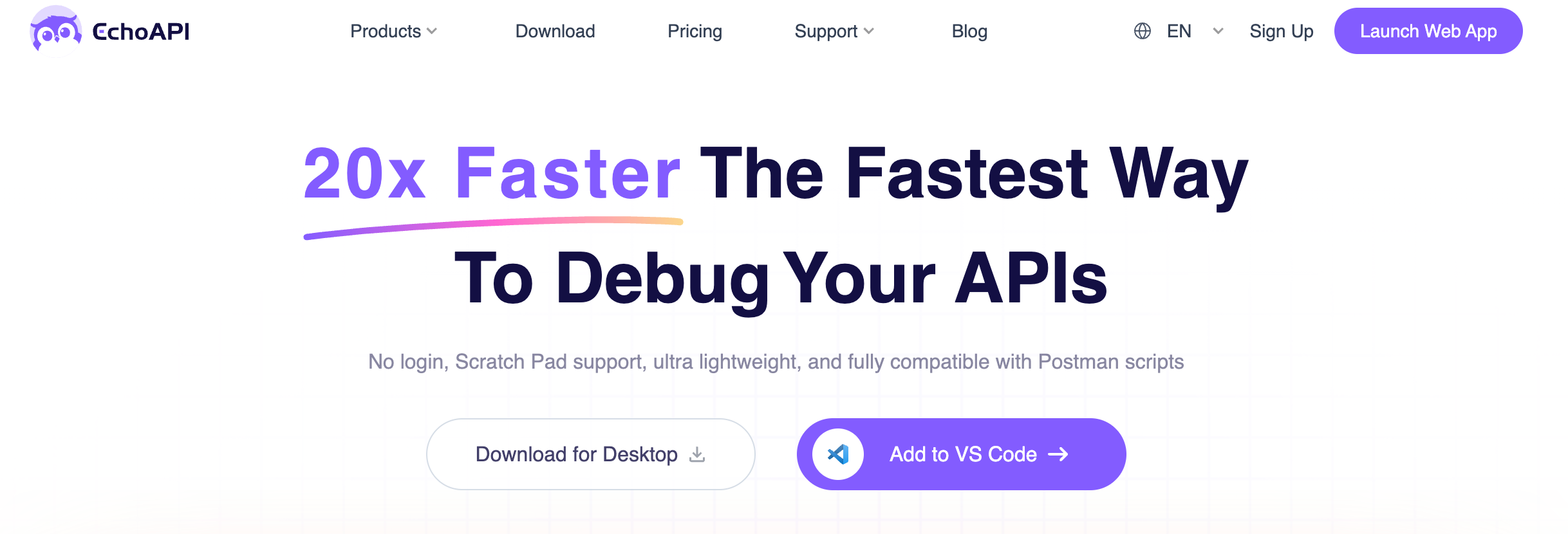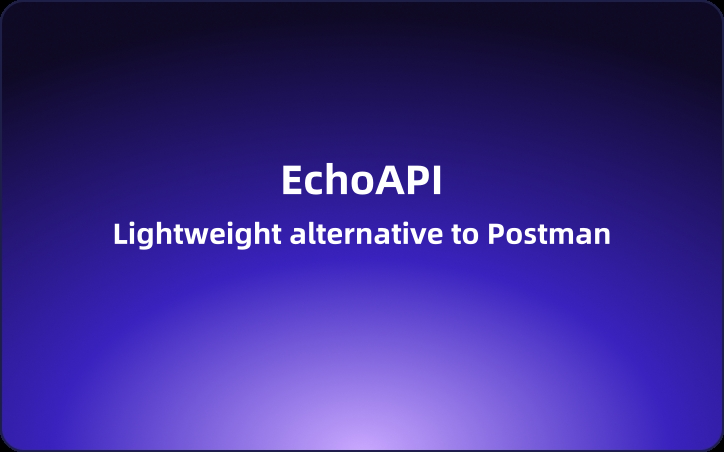How to Make API Integration with MCP Smooth and Hassle-Free
API integration with MCP can be cumbersome, but it doesn't have to be. This article explores solutions to common integration issues, ensuring your APIs work smoothly and efficiently.
MCP (Model Context Protocol) is like an express highway for AI to interact with external APIs, databases, and services.
But here’s the problem: just like any highway, if the roads aren’t well-maintained, traffic piles up, accidents happen, and everything slows to a crawl.
API integration with MCP isn’t always a plug-and-play experience. If you've ever tried to use an API and felt like you were debugging your life choices instead of your code, you’re not alone. Many APIs are inconsistent, slow, or require multiple hoops to jump through before they actually work smoothly with MCP.
So, what are the most common API integration headaches, and more importantly—how do we fix them?
Buckle up, because we’re about to take a ride through the biggest API roadblocks and how to clear them.
The Common Roadblocks in API-MCP Integration
Problem #1: Inconsistent API Standards – MCP Client is Confused
Ever played a video game where the controls suddenly change mid-game? Imagine running forward with WASD, but suddenly, the game decides you need to press Q to move left and Ctrl + P to jump. That’s how AI feels when it tries to integrate with random, unstructured APIs.
Real-World API Nightmares
- Different response formats → You expect JSON, but get XML, YAML, or worse, a random block of HTML that makes no sense.
- Weird parameter requirements → One API wants
user_id=123, another needsid=123, and a third wants you to sacrifice a goat and send a signed JWT token just to get basic data. - Authentication Chaos → Some APIs use API keys, some demand OAuth2, and others require a handshake that feels more complicated than airport security.
Solution:
- Converts all APIs into a standardized OpenAPI format → No more guessing what parameters to send!
- Auto-converts response formats (JSON, XML, Protobuf) → MCP Client always gets data in a format it understands.
- Manages authentication behind the scenes → No more API key nightmares.
Example: AI wants to fetch Bitcoin prices
Traditional API response:
<crypto>
<symbol>BTC</symbol>
<price>63500</price>
</crypto>
MCP Client: "What am I supposed to do with this?"
✅ Auto-converts it to JSON:
{
"symbol": "BTC",
"price": "63500"
}
Now, MCP Client doesn’t have to figure out how to parse the data—it just works!
Problem #2: APIs That Make You Work Too Hard
Ever order a burger at McDonald’s and the cashier says:
❌ “First, go to Window 1 to get the bun.”
❌ “Then, go to Window 2 for the patty.”
❌ “Finally, go to Window 3 for lettuce and sauce.”
That’s what some APIs do. Instead of giving you all the data you need, they force you to make multiple calls just to piece everything together.
Real-World API Struggles
- You want user order history → API only returns order IDs, so now you have to manually query each order one by one.
- You need 30 days of stock data, but the API only gives you one day at a time, meaning 30 separate requests (hope you enjoy rate limits!).
Solution:
✅ Merges multiple API calls into a single request → MCP gets the full data set instantly.
✅ Implements caching (Redis) to avoid unnecessary API requests → No more waiting for data you just fetched a minute ago.
Example: AI wants to fetch a user's order history
Typical API flow:
- Query User Orders API → Response:
[123, 456, 789] - ️Query Order Details API for
123 - Query Order Details API for
456 - Query Order Details API for
789
Optimized flow:
✅ Single request, all data returned in one go:
{
"user": "Kris Dom",
"orders": [
{"id": 123, "item": "iPhone 15", "price": "$999"},
{"id": 456, "item": "MacBook Air", "price": "$1299"},
{"id": 789, "item": "AirPods Pro", "price": "$249"}
]
}
AI gets all the info instantly, instead of playing API fetch-quest.
Problem #3: Slow API Responses Kill AI Performance
Imagine waiting 10 seconds for Google to load. You’d assume the internet is broken and start refreshing, right?
Well, slow APIs do the same thing to AI—if the response takes too long, users will think the AI is “dumb” or unresponsive.
Real-World API Lag Issues
- Calling an AI translation API? Takes 5 seconds to respond—by then, the user has already switched to Google Translate.
- Fetching stock market data? API has a 3-second delay, meaning your prices are already outdated when they arrive.
Solution:
✅ Implements caching → Common queries (e.g., Bitcoin price) return instantly instead of hitting the API every time.
✅ Uses asynchronous API fetching → AI gets instant feedback, and updated data loads in the background.
✅ Employs API Gateway & load balancing → Requests are distributed across multiple API endpoints for faster response times.
Example: AI wants to fetch Bitcoin’s latest price
Old flow:
1️⃣ MCP Client calls Binance API → 3-second delay
2️⃣ User sits there awkwardly, waiting…
Optimized :
✅ First query fetches price & caches it (valid for 5 mins).
✅ Next query? Returns instantly from cache.
Now, AI responds in 0.1 seconds instead of 3 seconds!
The Secret to Smooth API-MCP Integration-Design with EchoAPI
EchoAPI isn’t just another API tool—it’s your personal assistant for seamless API interaction.
Whether you're dealing with inconsistent data formats, slow response times, or clunky authentication processes, EchoAPI smooths out the rough edges and lets your AI focus on what truly matters—getting things done.
Why Choose EchoAPI?

- All-in-One API Solution → Design, test, debug, CI/CD integration, mock services, stress testing, and seamless documentation—all in one place.
- No Login Required → Access and use without any account setup—just jump in and start working!

- AI-Powered Imports → Convert API documents into actionable interfaces with intelligent recognition tools.
- Free Plugins → Compatible with IntelliJ IDEA, VS Code, Cursor, and Chrome—at no extra cost.
- Offline Support → Work anytime, anywhere—no internet required.
- Multiple Communication Protocols → Supports HTTP, GraphQL, WebSocket, TCP, SSE, and more.
- Smart Authentication → Built-in support for OAuth 2.0, JWT Bearer, AWS Signature, Basic Auth, Hawk Authentication, and more.
- Cross-Tool Compatibility → Import/export projects from Postman, Swagger, and Insomnia with ease.
- Easy Team Collaboration → Work in real-time, sync data instantly, and share progress seamlessly.

Ready to revolutionize your API integration?
Stop wasting time debugging API messes—let EchoAPI handle the heavy lifting.
Whether you're building AI assistants, automation tools, or enterprise solutions, EchoAPI ensures that your APIs just work.
Try EchoAPI today and supercharge your MCP-powered AI!




 EchoAPI for VS Code
EchoAPI for VS Code

 EchoAPI for IntelliJ IDEA
EchoAPI for IntelliJ IDEA

 EchoAPl-Interceptor
EchoAPl-Interceptor

 EchoAPl CLI
EchoAPl CLI
 EchoAPI Client
EchoAPI Client API Design
API Design
 API Debug
API Debug
 API Documentation
API Documentation
 Mock Server
Mock Server








